CA Governor Newsom Promises Legislation to Ban AI-Faked Campaign Ads After Musk Controversy
California Governor Gavin Newsom is gearing up to sign a landmark bill to curb the use of AI-generated content in political ads.
This decision comes amid a heated dispute with tech mogul Elon Musk, who recently shared an AI-generated video mimicking Vice President Kamala Harris. Newsom is determined to protect the integrity of elections from technological manipulations.
The Musk-Generated Controversy
The controversy erupted when Musk reposted a video on social media that featured a convincingly fake voiceover of Vice President Kamala Harris.
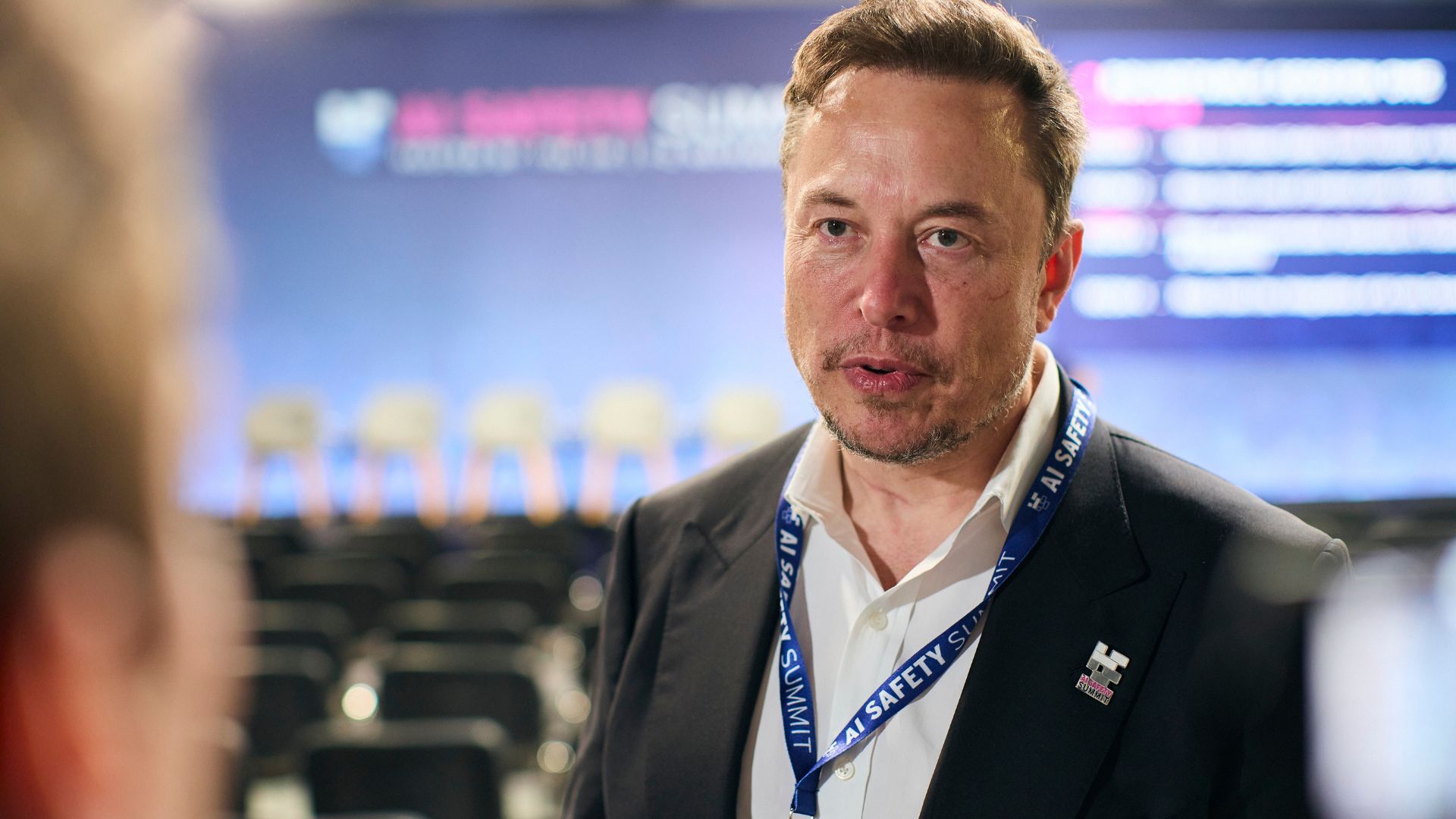
Source: UK Government/Wikimedia Commons
Newsom swiftly condemned the video, stating, “Manipulating a voice in an ‘ad’ like this one should be illegal,” highlighting the growing concern over AI’s potential to deceive voters.
Newsom’s Legislative Response
In response to the incident, Newsom announced his intention to sign new legislation within weeks. The goal is to make it illegal to use AI to create deceptive political ads.
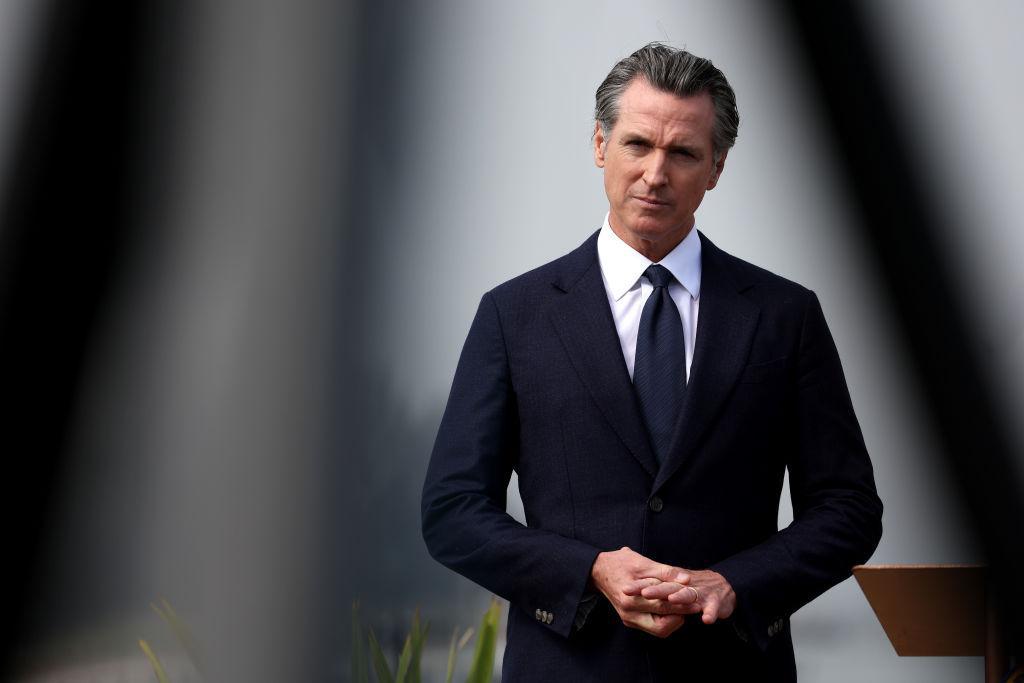
Source: Justin Sullivan/Getty Images
Newsom’s spokesperson, Izzy Gardon, confirmed that they are working with the Legislature to ensure this issue is addressed through current bills in progress.
Musk’s Rebuttal
Elon Musk, known for his outspoken nature, responded to Newsom’s criticism with a vulgar retort and emphasized that “parody is legal in America.”
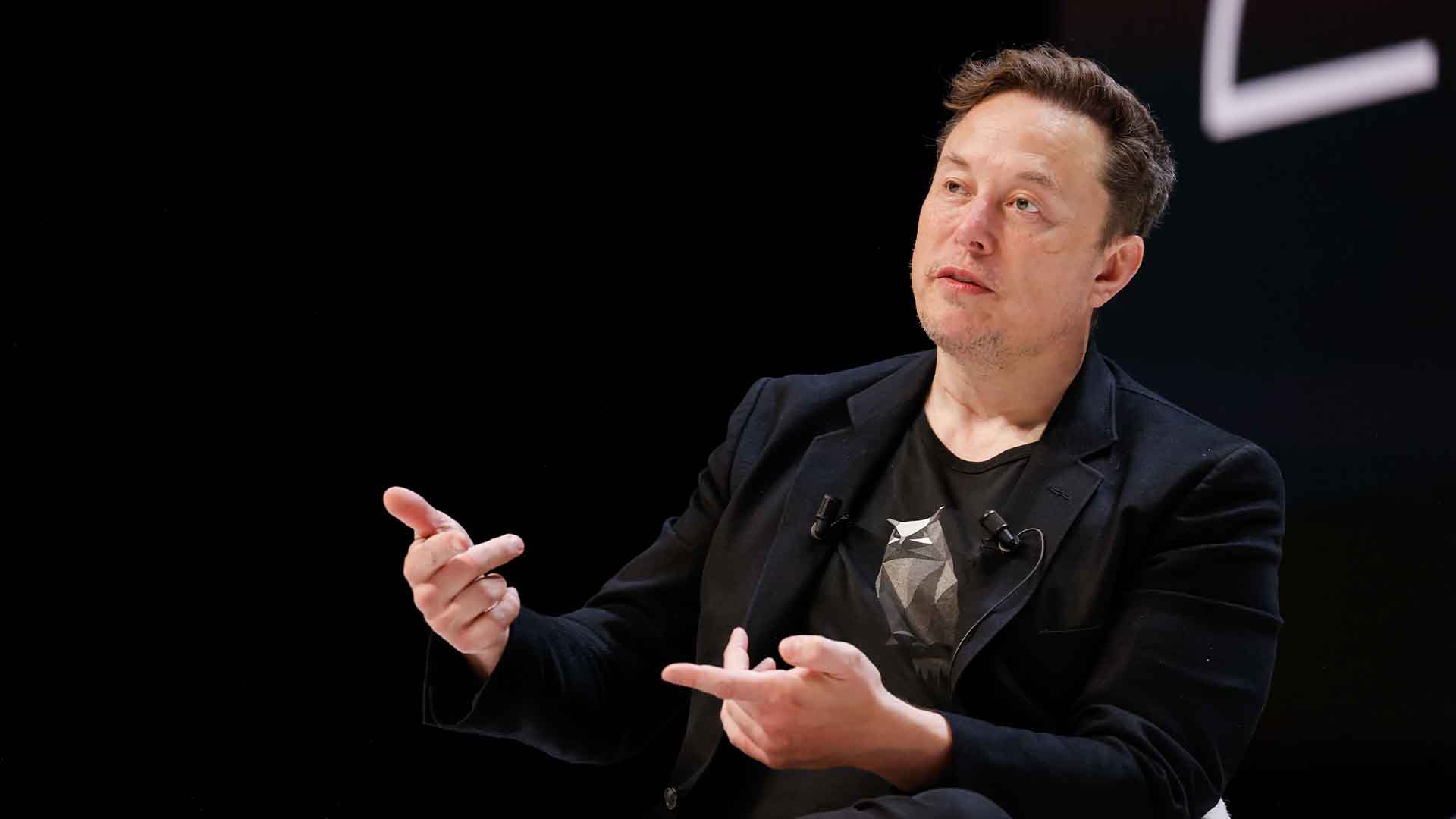
Source: Richard Bord/WireImage
This exchange showed the tension between protecting free speech and preventing misinformation in political campaigns.
The Defending Democracy from Deepfake Deception Act
One key piece of legislation in the works is the “Defending Democracy from Deepfake Deception Act of 2024” by Assemblymember Marc Berman.

Source: Freepik
This bill would require platforms to block deceptive election-related content 120 days before and 60 days after an election, aiming to protect voters from misleading media.
Expanding Protection with AB 2839
Another bill, AB 2839 by Assemblymember Gail Pellerin, seeks to extend the prohibition of distributing materially deceptive media from 60 days to 120 days before an election.

Source: Freepik
Pellerin, a former elections official, emphasizes the urgent need to safeguard democracy from AI-generated manipulations.
Legislative Session Resumes
The California Legislature, currently in recess, will resume on Monday. Lawmakers have until August 31 to pass these crucial bills.
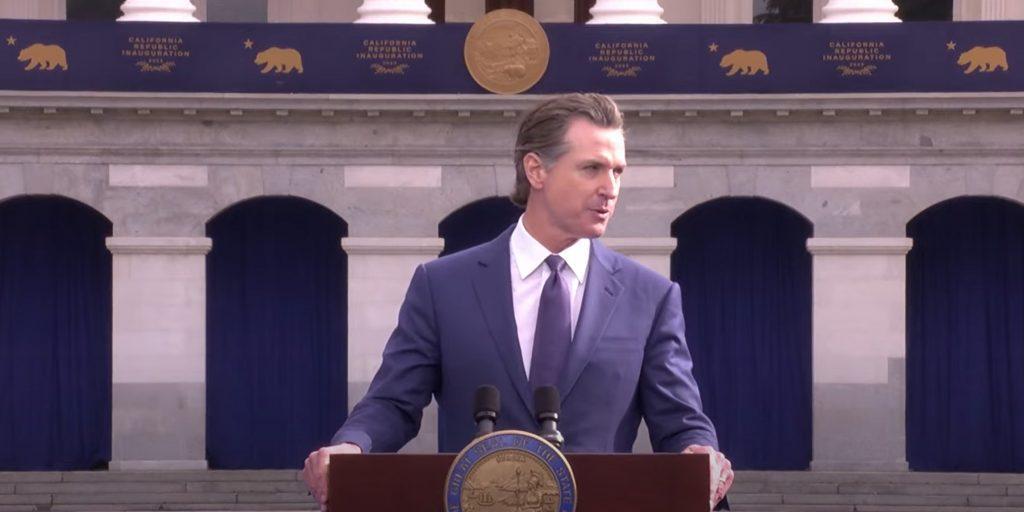
Source: Wikimedia
The final stretch of the legislative session is expected to be intense as they work to address the challenges posed by AI in elections.
The Threat of AI to Democracy
Assemblymember Pellerin highlighted the dangers of AI advancements, stating, “The rapid advancement of artificial intelligence has made it alarmingly easy for anyone with a computer to create convincing, yet fake, audio and video content.”
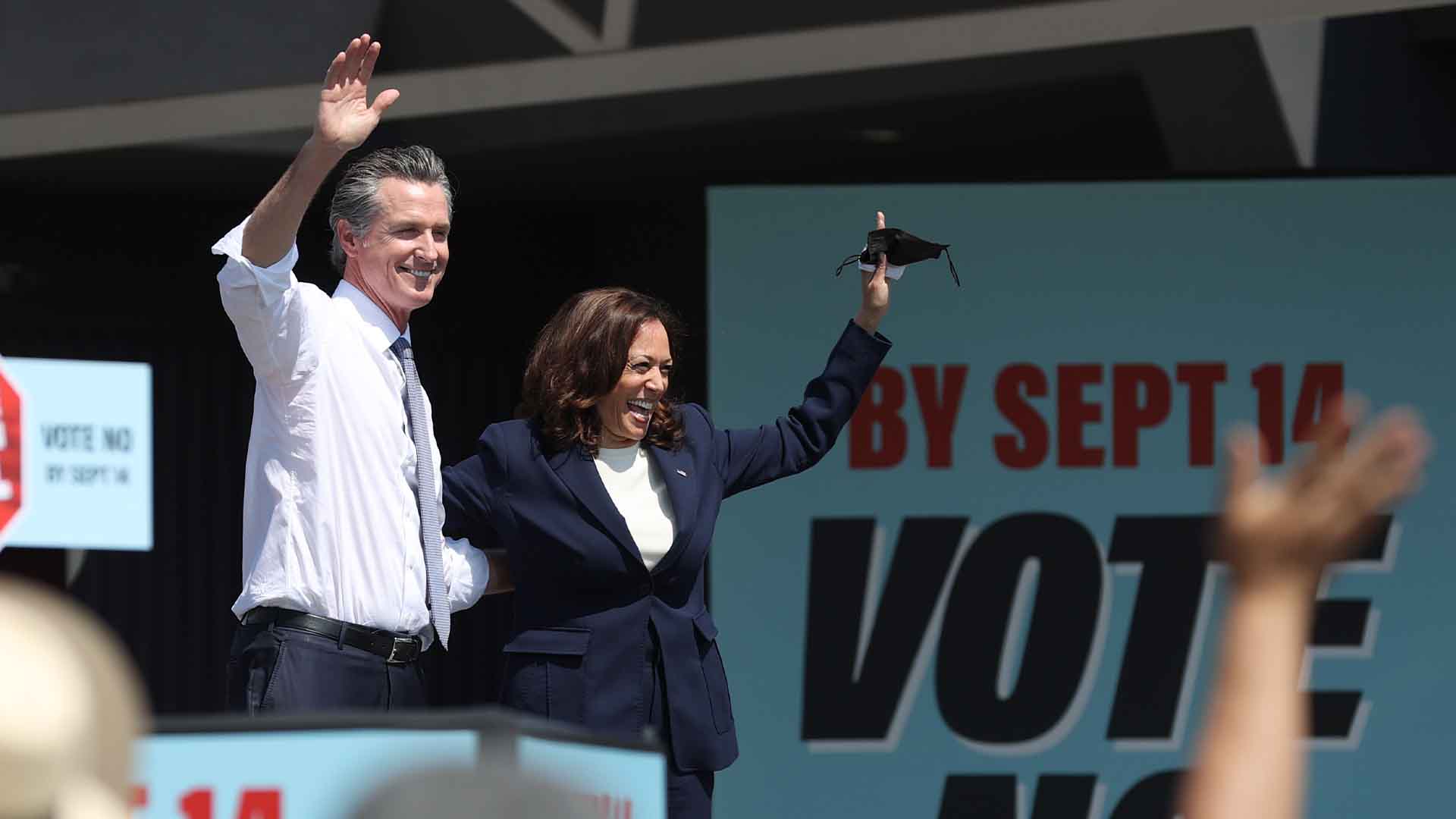
Source: Justin Sullivan/Getty Images
The deceptive use of such media undermines voter trust and threatens the democratic process.
Protecting Voter Trust
Both Berman and Pellerin’s bills aim to restore voter confidence by ensuring that platforms take responsibility for identifying and blocking fake content.
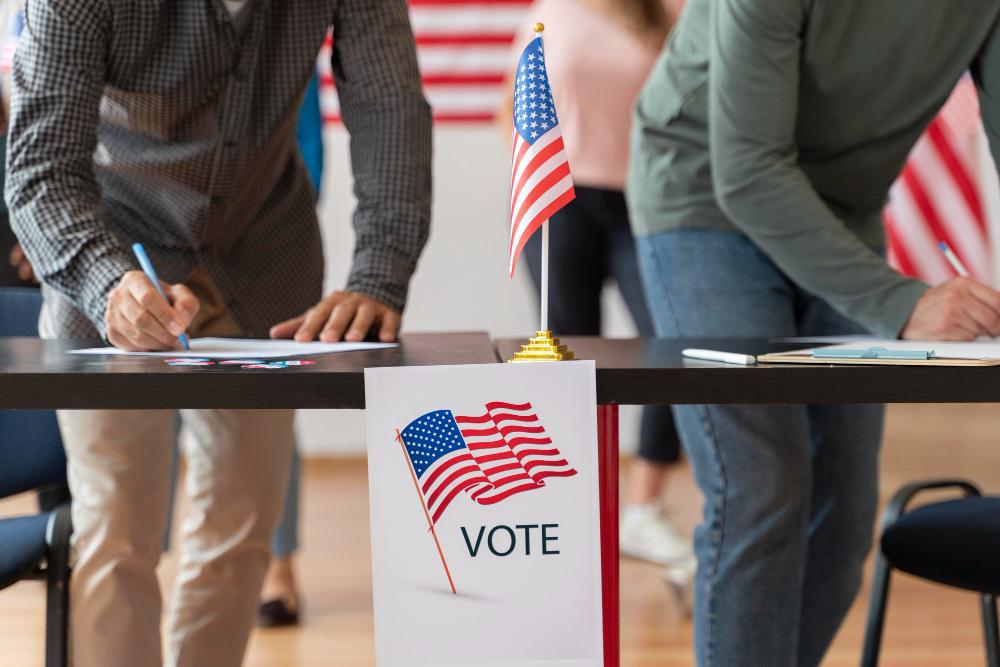
Source: Freepik
By implementing these measures, California hopes to set a precedent for other states in combating AI-generated misinformation.
Newsom’s Commitment to Election Integrity
Governor Newsom’s commitment to signing the bill reflects his dedication to preserving the integrity of California’s elections.
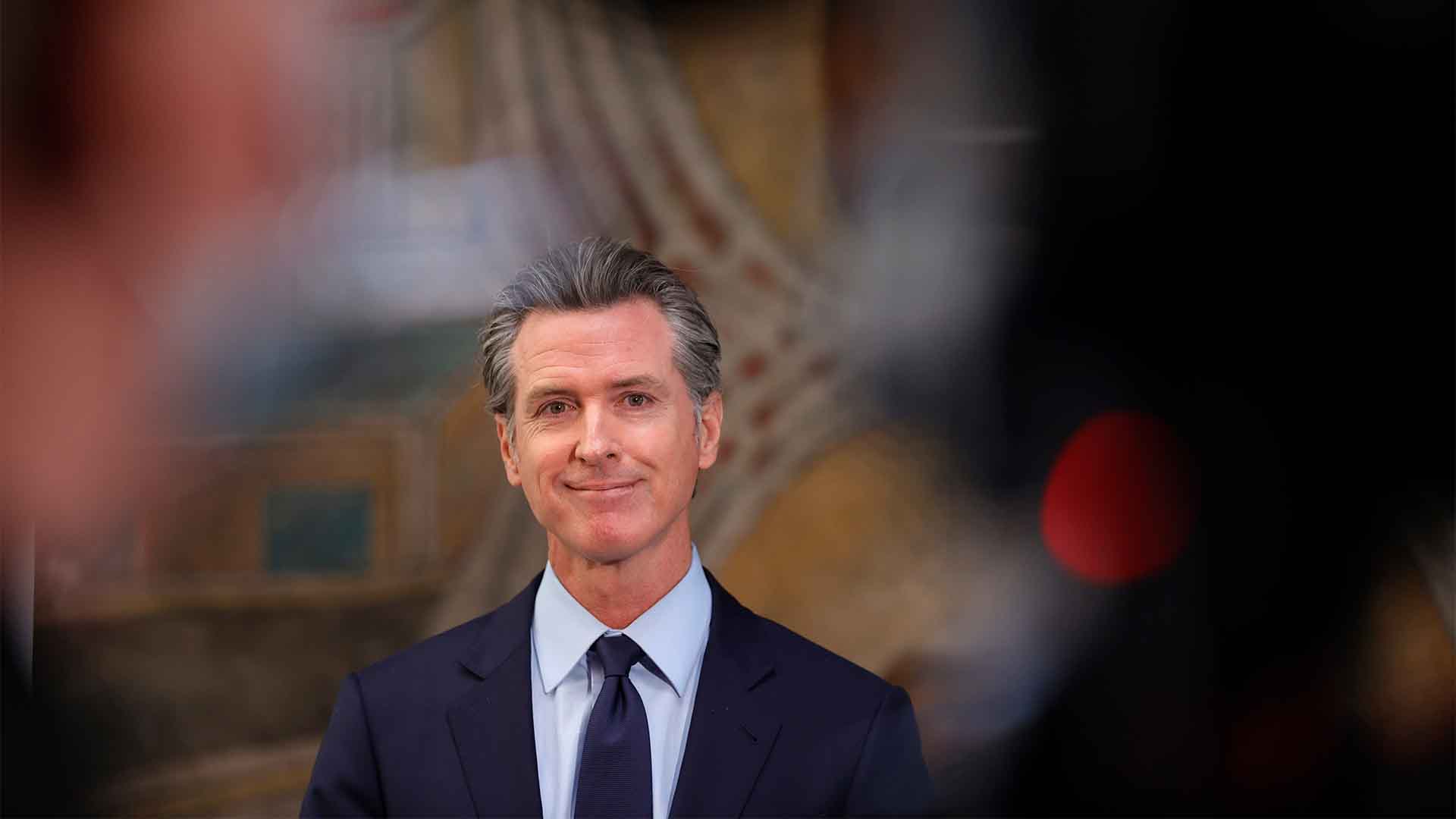
Source: Justin Sullivan/Getty Images
By taking a firm stance against AI-faked ads, Newsom is working to ensure that voters receive accurate and truthful information during election cycles.
The Broader Implications
The legislation proposed in California could have far-reaching implications for how other states address the issue of AI in politics.
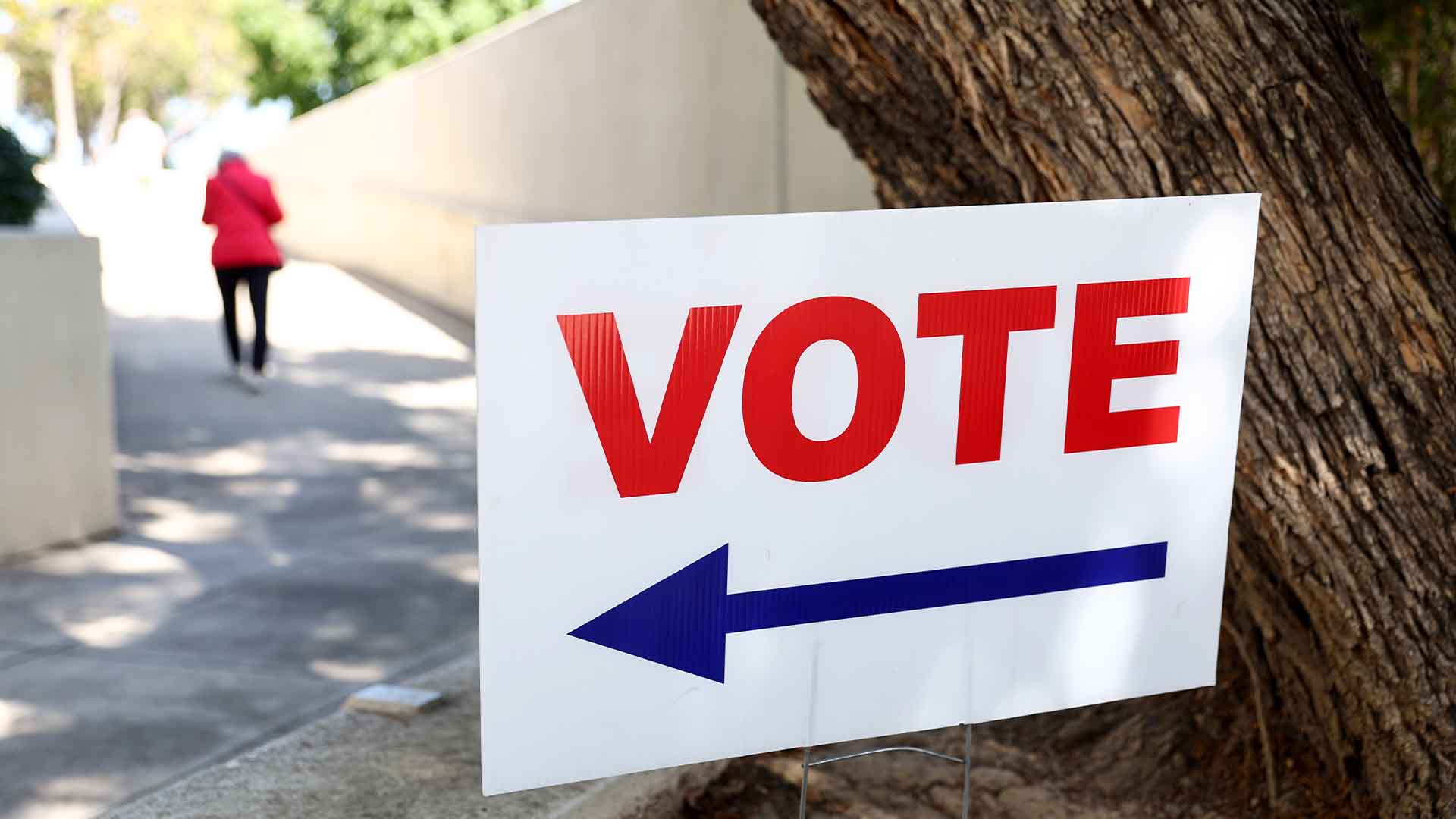
Source: Mario Tama/Getty Images
As AI technology continues to evolve, it will be important to establish legal frameworks to prevent its misuse in undermining democratic processes.
Moving Forward
As the legislative session progresses, all eyes will be on California’s efforts to combat AI-generated misinformation.
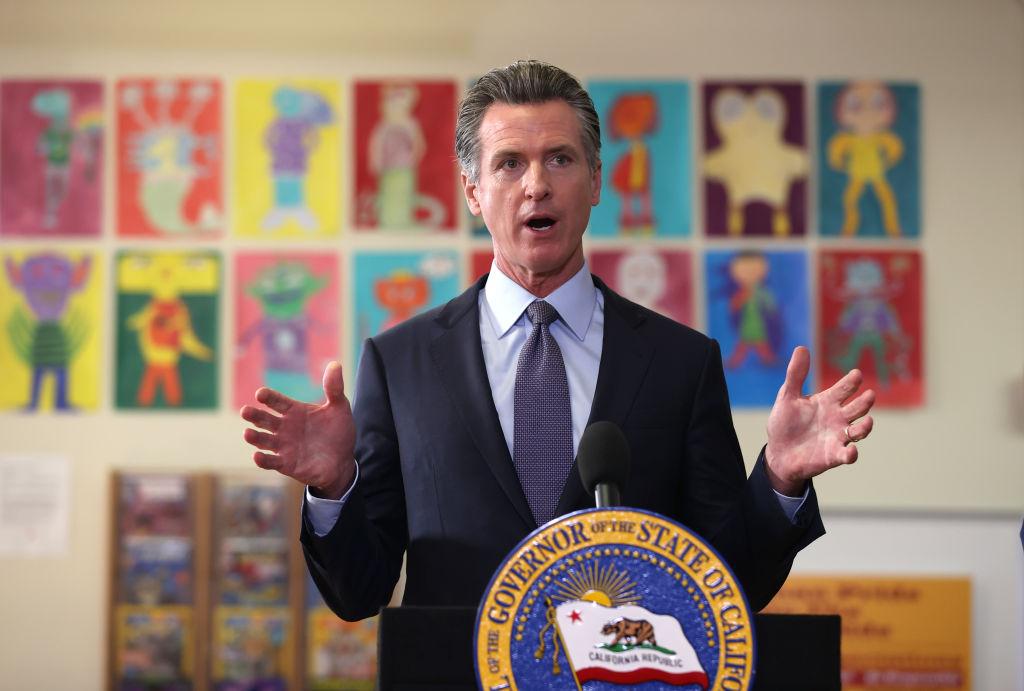
Source: Getty Images
Governor Newsom’s proactive approach, combined with the efforts of lawmakers like Berman and Pellerin, highlights the state’s commitment to protecting democracy in the digital age. The upcoming weeks will be pivotal in determining the future of AI regulation — at least in the way of political campaigns during a wild election year.
